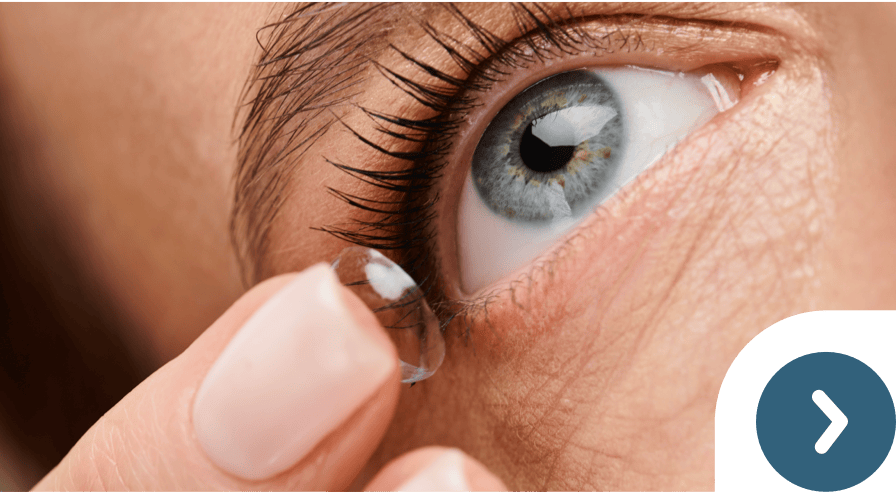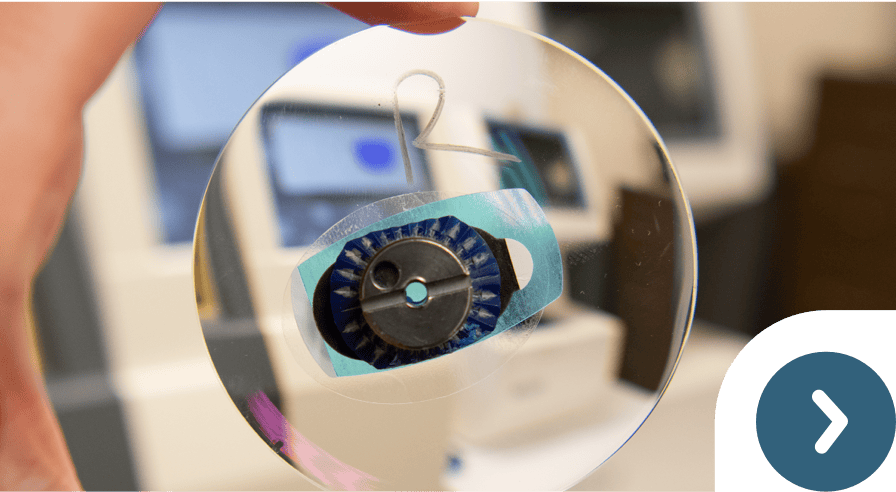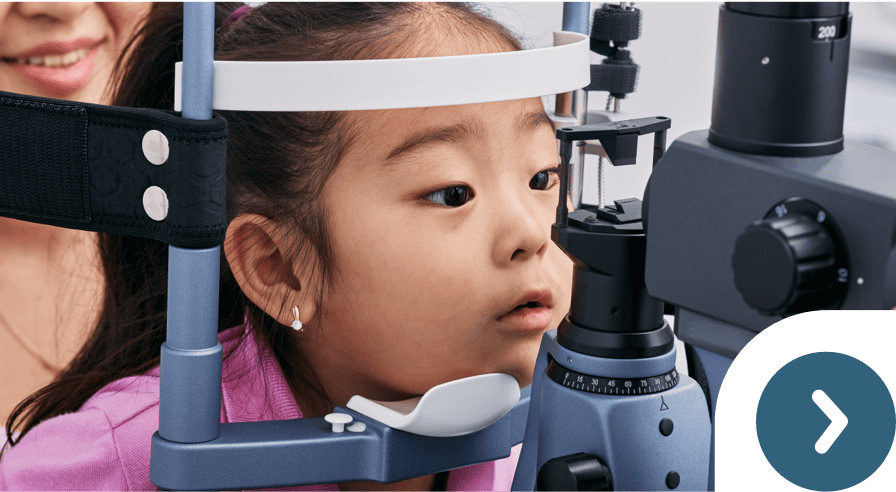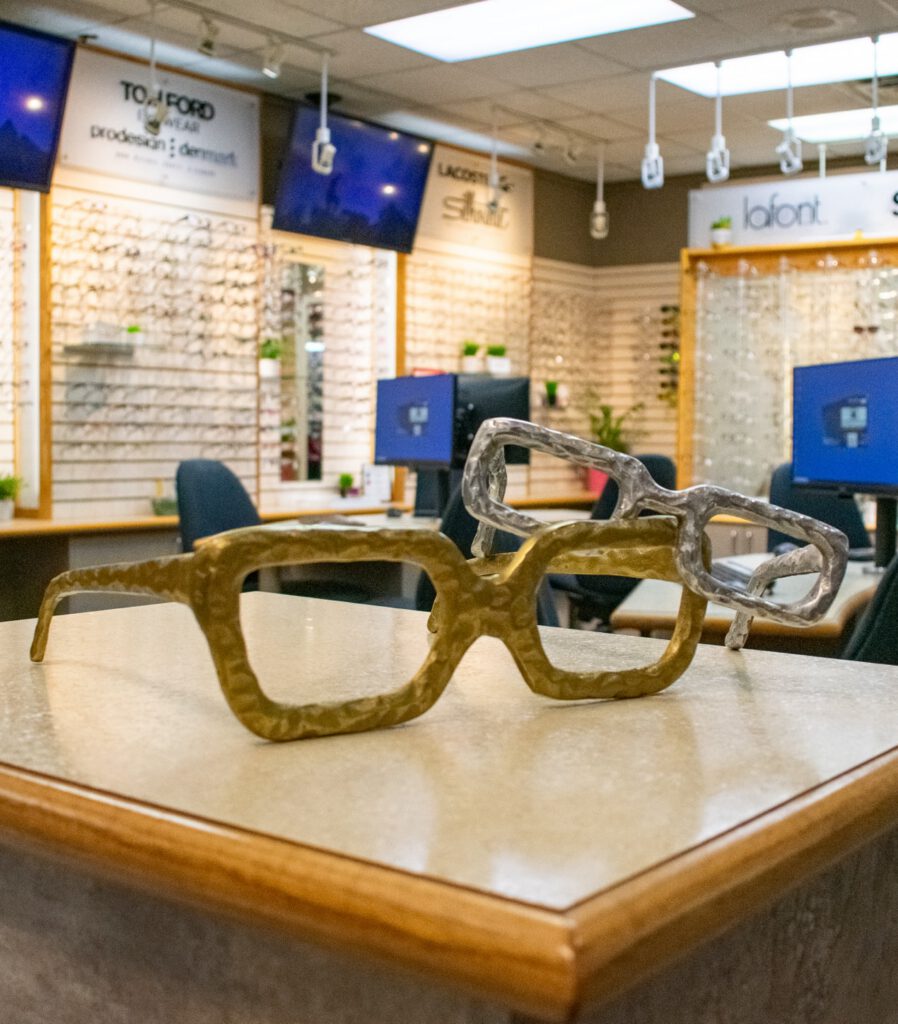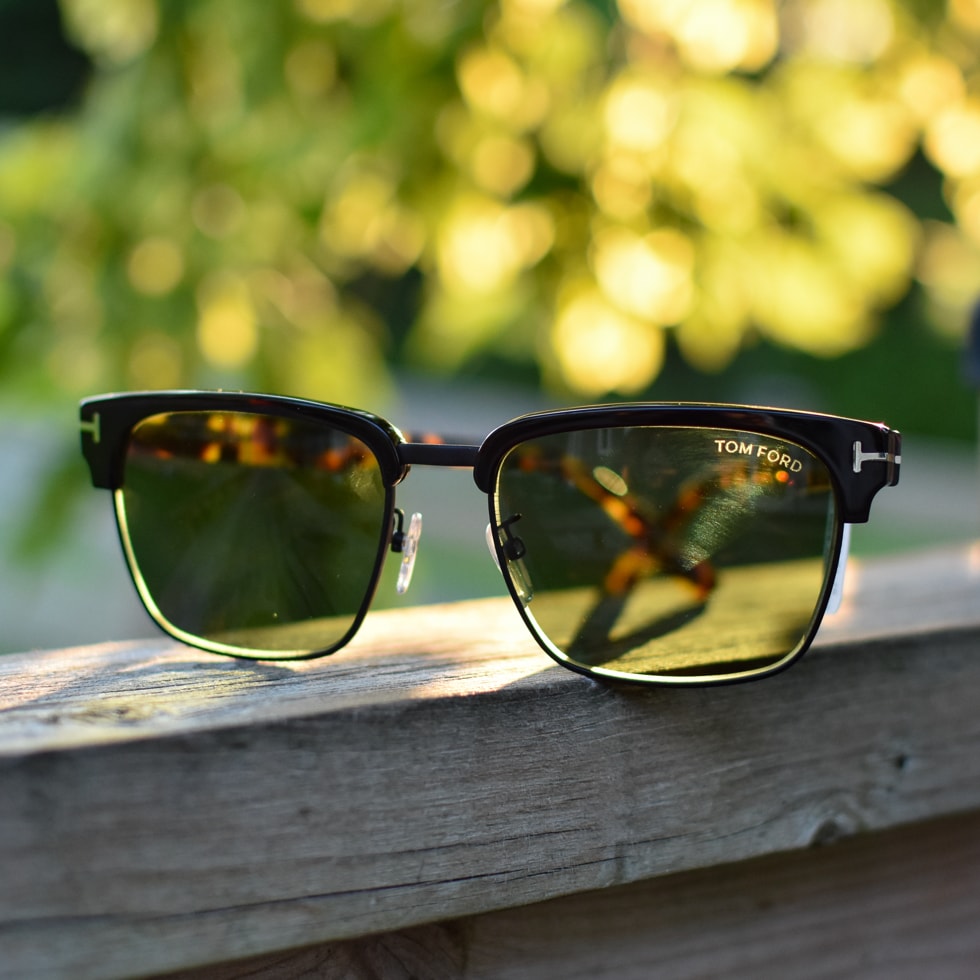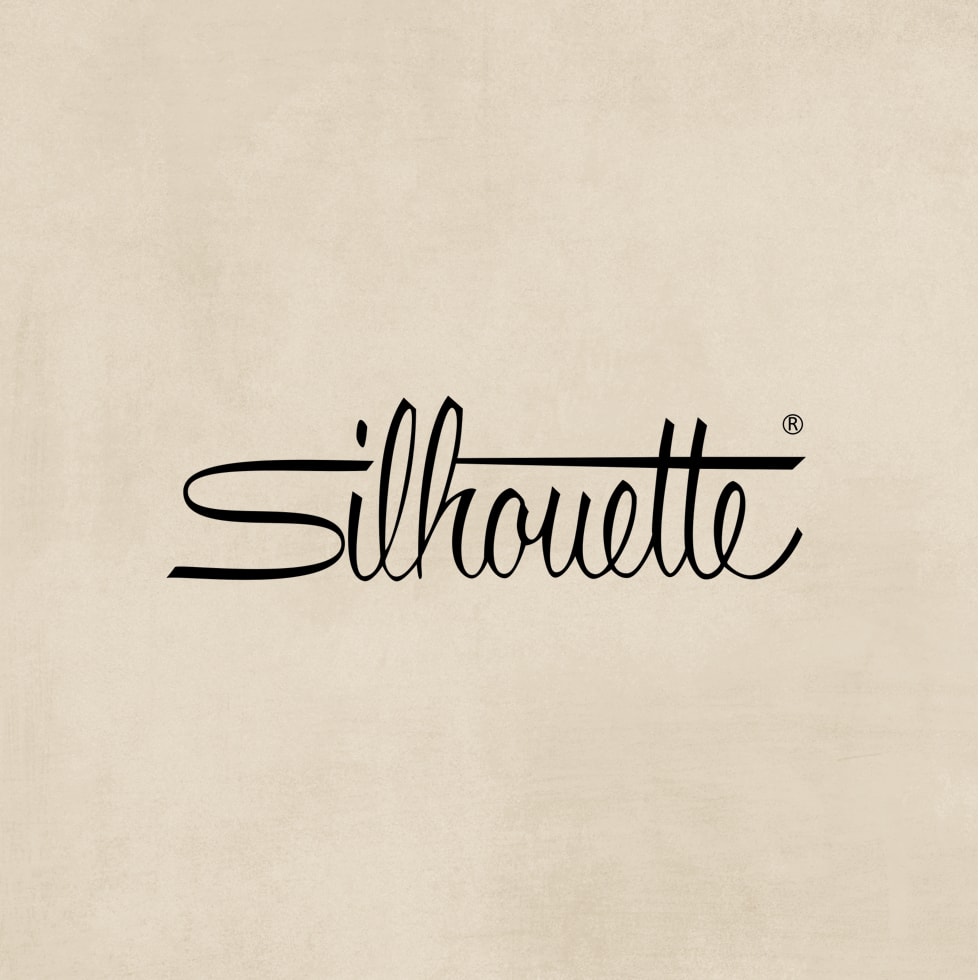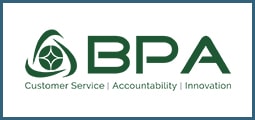Navigating the world of contact lenses can be overwhelming, with so many options available. From different styles and types to advanced lens designs, it’s easy to get lost.
Your optometrist can be a valuable guide in this process, helping you find the perfect fit for your vision and lifestyle.
One option to consider is rigid gas-permeable (RGP) contact lenses. Known for their sharp vision and oxygen permeability, RGP lenses are a great choice for many people who find traditional soft contacts uncomfortable or ineffective.
Different Kinds of Contact Lenses
Contact lenses come in 2 major varieties—soft and hard. Soft contact lenses are somewhat more common, but hard contact lenses offer distinct benefits.
Soft Contact Lenses
As the name implies, soft contact lenses are just that—soft. The lenses are made from a flexible polymer material. This softness has benefits in that soft contact lenses are:
- Often more comfortable
- Available as daily disposable lenses
- Less likely to fall out of the eye
- Easier to adapt to
However, these lenses can come up short in other areas. In particular, soft contact lenses:
- May provide less sharp vision
- Are more prone to drying out
- May be harder to insert and remove
- Are more likely to attract proteins and lipids from the eye, resulting in build-up or ‘gunk’
Hard (RGP) Contact Lenses
For some contact lens wearers, especially those with sensitive eyes or strong prescriptions, the shortcomings of soft contact lenses can prove to be significant.
Advantages of hard contact lenses can include:
- Sharper vision (especially for those with conditions like astigmatism or keratoconus)
- Better oxygen flow to the eye
- A longer lasting lens with more durability
- Ease of insertion
- Reduced risk of eye infections
In exchange, hard contact lenses have a few shortcomings of their own. For instance, they:
- May take longer to adapt to
- Are easier to dislodge (for instance, while playing sports)
- Must be worn and maintained more often (less optimal for part-time wear)
Depending on your vision situation, the benefits of hard contact lenses may outweigh their disadvantages.
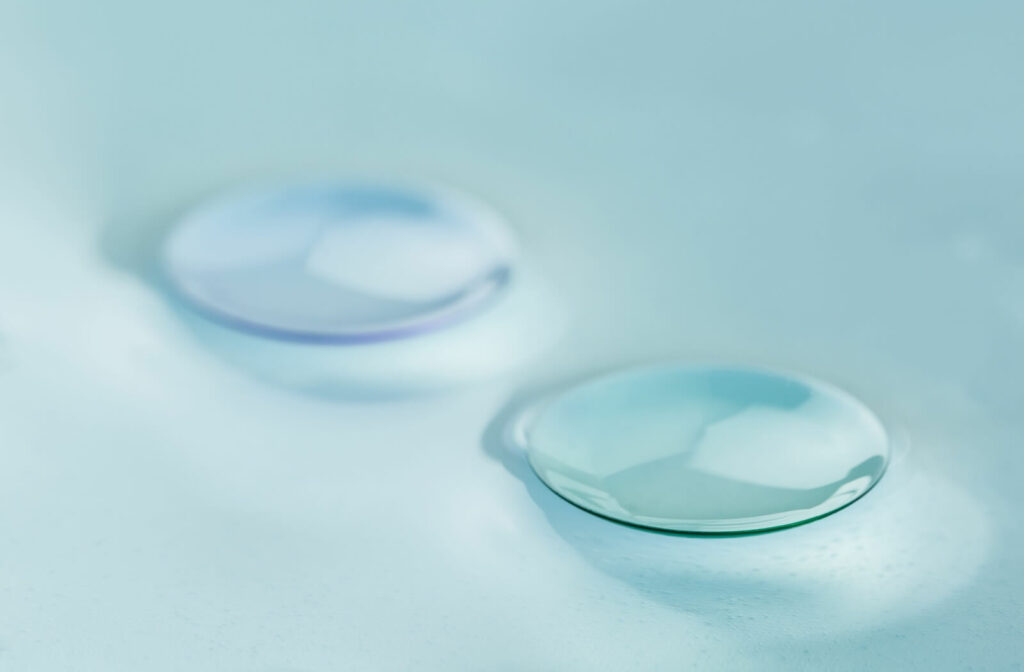
Understanding RGP Contact Lenses
RGP contact lenses are distinguished by the fact that they allow more oxygen to pass through the eye. In fact, RGP lenses result in more oxygen reaching the cornea than most varieties of soft contact lenses. This stands in contrast to the hard lenses of decades past, whose chief disadvantage was a lack of consistent oxygen flow.
Let’s have a more in depth look at the pros and cons of RGP lenses.
Advantages of RGP Contact Lenses
RGP lenses offer a number of tangible benefits. In more detail, these include:
- Sharper vision: Being made of a firmer material, RGP lenses retain their shape even if you blink, and often provide better vision than lenses made of softer materials.
- Suitability for stronger prescriptions. Related to the previous point, RGP lenses are often more ideal for people with stronger prescriptions or people who have particular vision issues like astigmatism, presbyopia, or keratoconus. The wider range of bifocal and multifocal RGP lenses means more options for those who need such options.
- Durability: The harder material of RGP lenses tends to resist rips and tears. RGP lenses can often be used for years, as compared to soft lenses, which need to be replaced much more frequently.
- Oxygen permeability. RGP lenses allow moisture and oxygen to pass through the lens, directly to your eye. This is due to 3 factors—the material (silicone) of the lenses; the smaller size of the contacts themselves, which cover less of the eye’s surface; and the hardness of the material, which holds its shape as you blink and allows air and tears to slip underneath the lens.
Disadvantages of RGP Contacts
As you might expect, RGP contacts also come with certain disadvantages. By and large, these are the same as the disadvantages of hard lenses:
- Harder to adapt to: While RGP lenses are comfortable once your eyes adapt, if you don’t wear them regularly, they can be less comfortable when you wear them again.
- Require more care: Because RGP lenses can last for a year or more, they require more regular care than comparable soft lenses.
- Looser fit: The same design features that allow movement of moisture and oxygen directly onto your eye are also more likely to permit dust and debris to slip under the lens, which can cause discomfort or possibly result in corneal abrasions.
Who Should Wear RGP Contact Lenses?
While you should always consult with your eyecare professional when deciding on corrective lenses, RGP lenses are often great choices for people who:
- Want to ensure that they have the sharpest possible vision
- Have eye conditions that make soft contacts an uncomfortable or unsuitable choice
- Need bifocal and multifocal lenses
- Require corrective lenses after refractive surgery
If you’re intrigued by RGP lenses, or have any other eye care concerns, don’t hesitate to book an appointment at Westmount Optometrists today. Taking care of your eye health is what we do!


